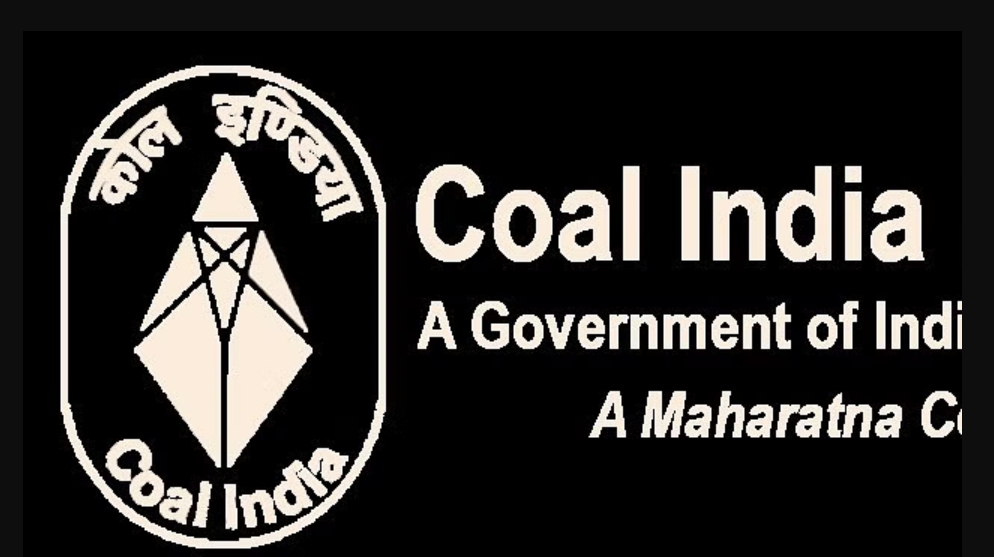Coal India had launched the Thalassemia Bal Sewa Yojana in 2017 to support the treatment of thalassemic underprivileged children
Fortis Healthcare has joined hands with Coal India to treat underprivileged children suffering from thalassemia under the ‘Thalassemia Bal Sewa Yojana’ CSR initiative of the central public sector enterprise.
An MoU in this connection was signed on July 28 at the Fortis Memorial Research Institute in Gurugram, a hospital statement said.
Coal India launched the ‘Thalassemia Bal Sewa Yojana’ in 2017 to support the treatment of underprivileged children affected by thalassemia. In 2020, aplastic anaemia was added to the programme.
According to the MoU, Coal India will provide financial assistance of up to Rs 10 lakh to eligible patients for bone marrow transplants and the treatment can be done at Fortis Memorial Research Institute.
The health centre has one of the largest and most comprehensive bone marrow transplant centres in India that boasts a team of nearly 20 doctors with expertise in the treatment of all kinds of blood disorders.
The Bone Marrow Transplant Centre at the hospital’s Gurugram facility has a 26-bed bone marrow transplant ICU. More than 1,500 bone marrow transplants have successfully been completed at the centre.
Fortis Healthcare Group COO Anil Vinayak said, “India is known as the thalassemia capital of the world with a huge burden of an estimated 42 million thalassemia carriers and approximately 1,00,000 patients with a β thalassemia syndrome. Thus, it is crucial to address the burden of the disease and providing the right treatment is essential.” Coal India Director (P&IR) Vinay Ranjan said, “Considering the challenges that patients with thalassemia and aplastic anaemia face, Coal India, under the auspices of the Ministry of Health, Government of India, has come up with a CSR initiative of supporting the treatment of children affected by the two ailments.” Thalassemia is an inherited blood disorder that causes a body to have lower haemoglobin than normal.
It is a rare burdensome disease, requiring lifelong repeated blood transfusion, as well as other expensive medical interventions, the statement said. It is estimated that more than 10,000 children are born with thalassemia every year in India. It has the highest number of children with thalassemia major in the world at an estimated 1 to 1.5 lakh individuals.
Article Credits: National Herald
